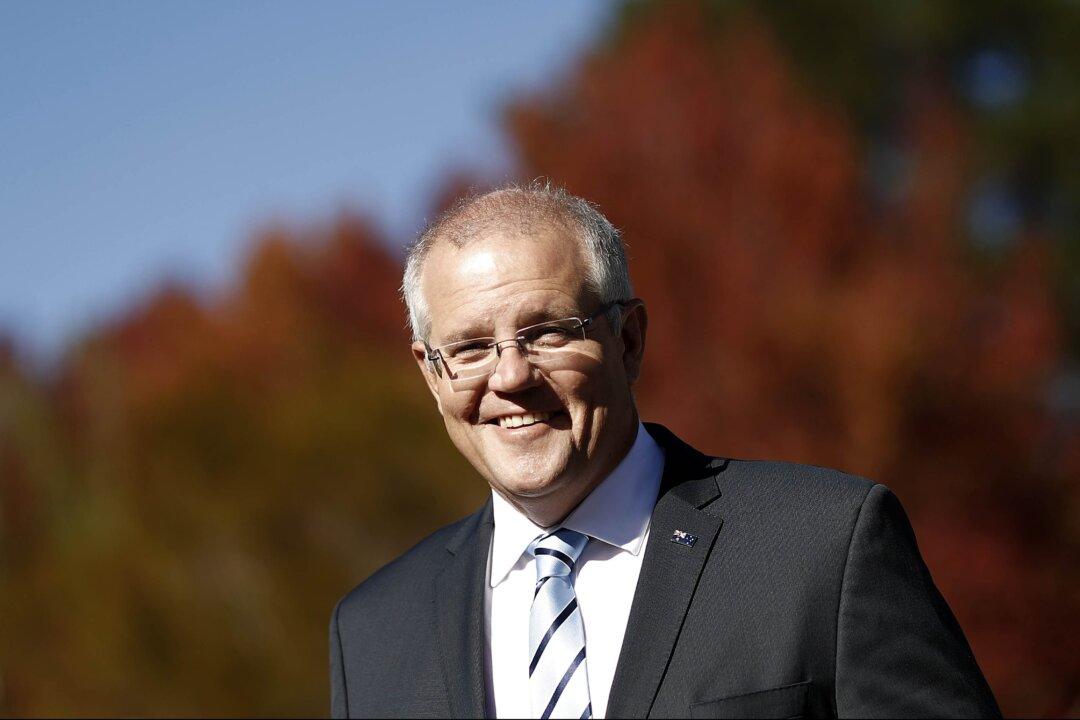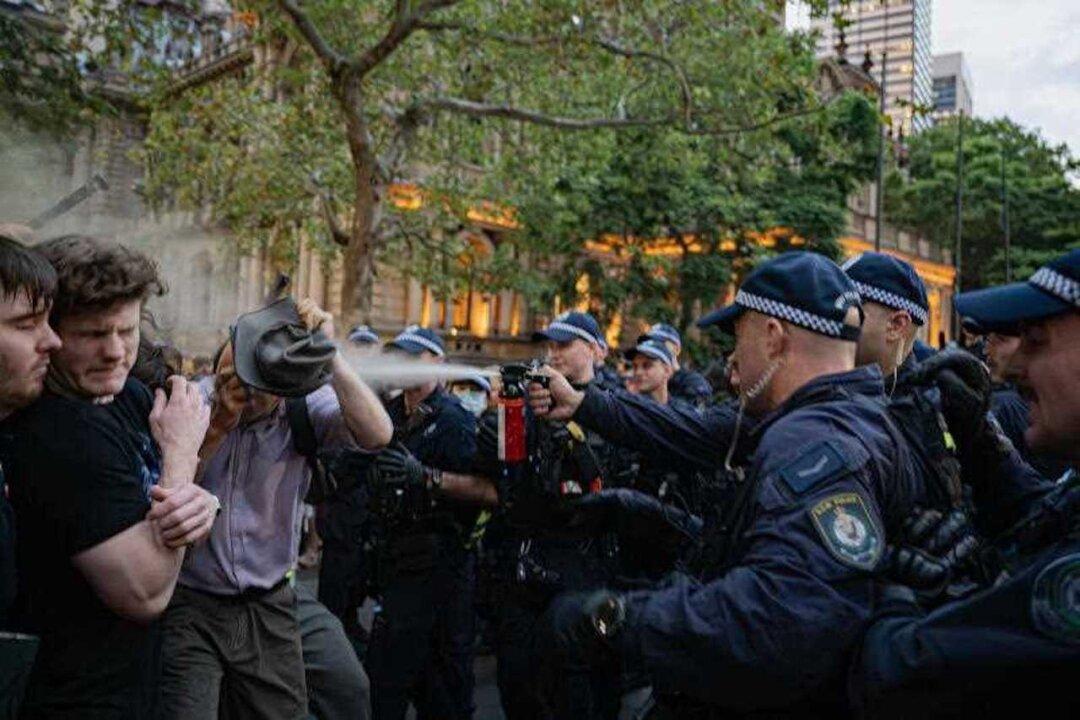On the eve of Anzac Day, the coalition is promising a $63 million (US$44.4 million) package to look after those who have served in Australia’s defence forces.
Prime Minister Scott Morrison unveiled the pledge in Darwin, home to more than 5000 defence personnel and their families, where he campaigned on April 24 for the first time this election.





